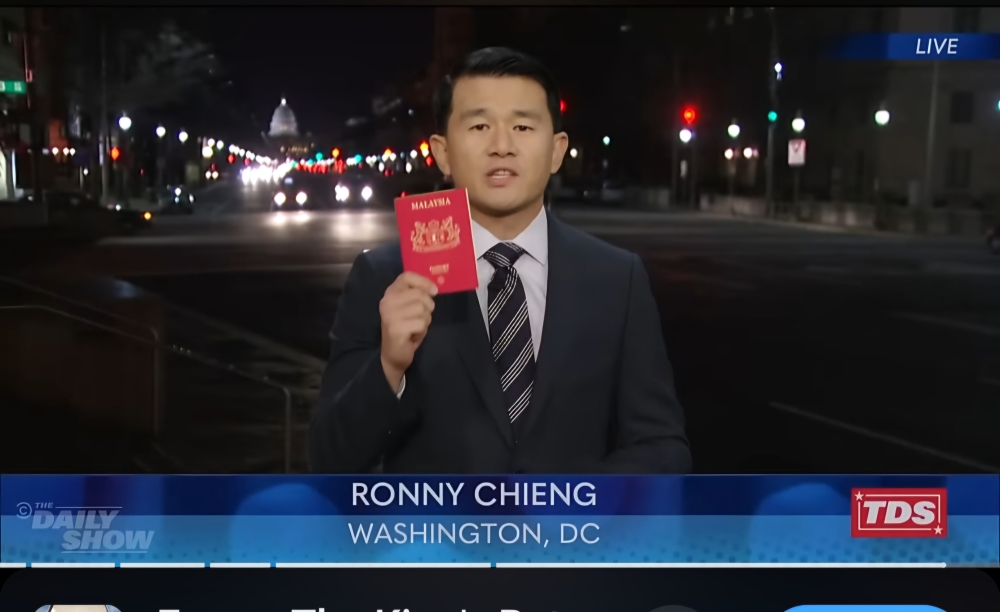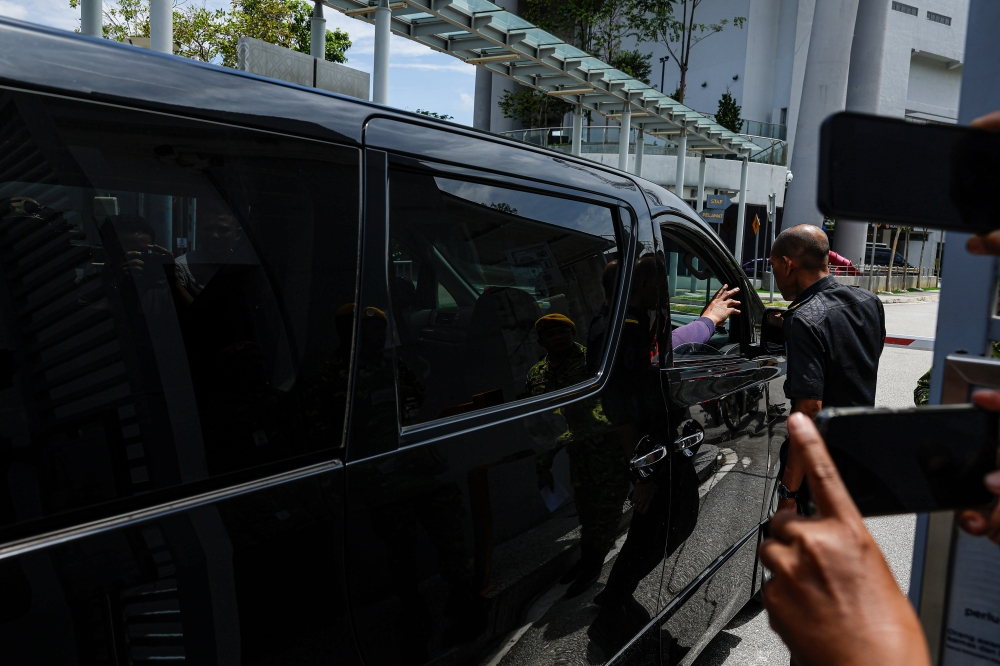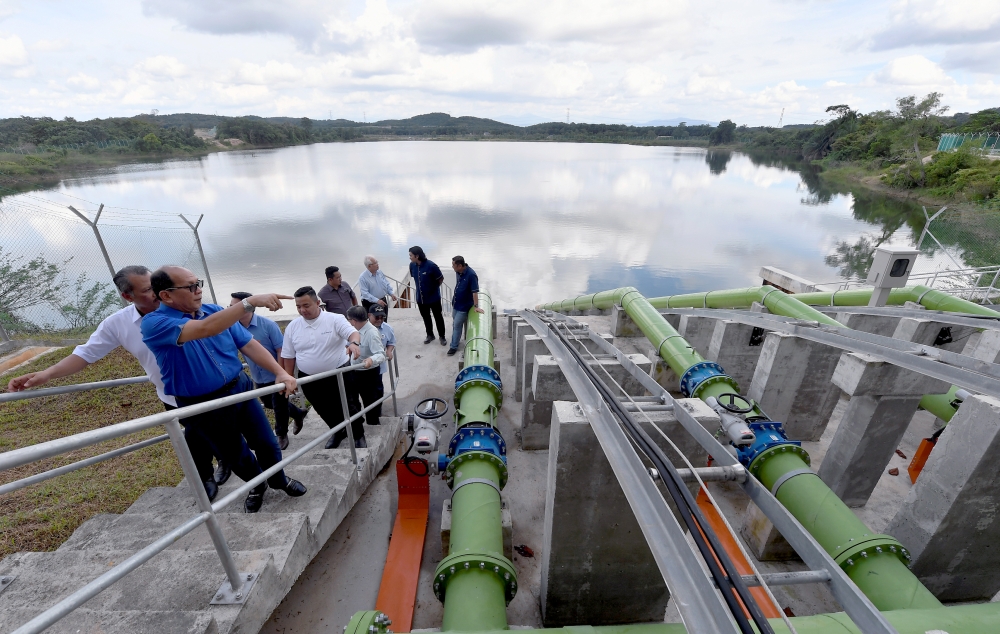LONDON, March 22 — UK state borrowing fell in February but debt interest ballooned on soaring inflation, data showed today on the eve of a budget update seeking to tackle surging living costs.
Public sector net borrowing dropped to £13.1 billion (RM72 billion) last month, the Office for National Statistics said in a statement.
That marked an improvement from £15.5 billion in February one year ago, when the public purse was plagued by vast pandemic costs.
However, borrowing for last month massively overshot expectations of £8.3 billion, as interest repayments eclipsed rising tax receipts.
Russia’s Ukraine invasion has sent crude oil, domestic energy and food prices rocketing, exacerbating decades-high British inflation and sparking Bank of England interest hikes that have hiked state borrowing costs.
At the same time, the data showed that inflation had ramped up tax revenue owing to higher consumer prices.
Following the figures, finance minister Rishi Sunak’s hands could be further tied regarding major giveaways in tomorrow’s budget.
Sunak is facing widespread calls, even from fellow Tory MPs, to help ease surging living costs, with reports suggesting he could delay a jobs tax hike due next month.
“The chancellor (of the exchequer) is clearly under huge pressure to fork out to help out with the cost of living crisis, but record levels of borrowing, combined with rising interest rates, will probably temper his generosity,” said AJ Bell analyst Laith Khalaf.
At the same time, Sunak will be comforted by recent news that Britain’s unemployment rate has fallen to its pre-pandemic level.
However, rising wages are being eroded at the fastest pace in eight years as inflation soars.
“Even though the government is battling rising interest payments, it has support from a tightening labour market,” said Interactive Investor analyst Victoria Scholar.
Sunak will deliver his budget statement before parliament around 1245 GMT tomorrow.
He has already hinted at cutting motor fuel duty, while media suggest he could also delay the looming increase in jobs tax. — AFP






















